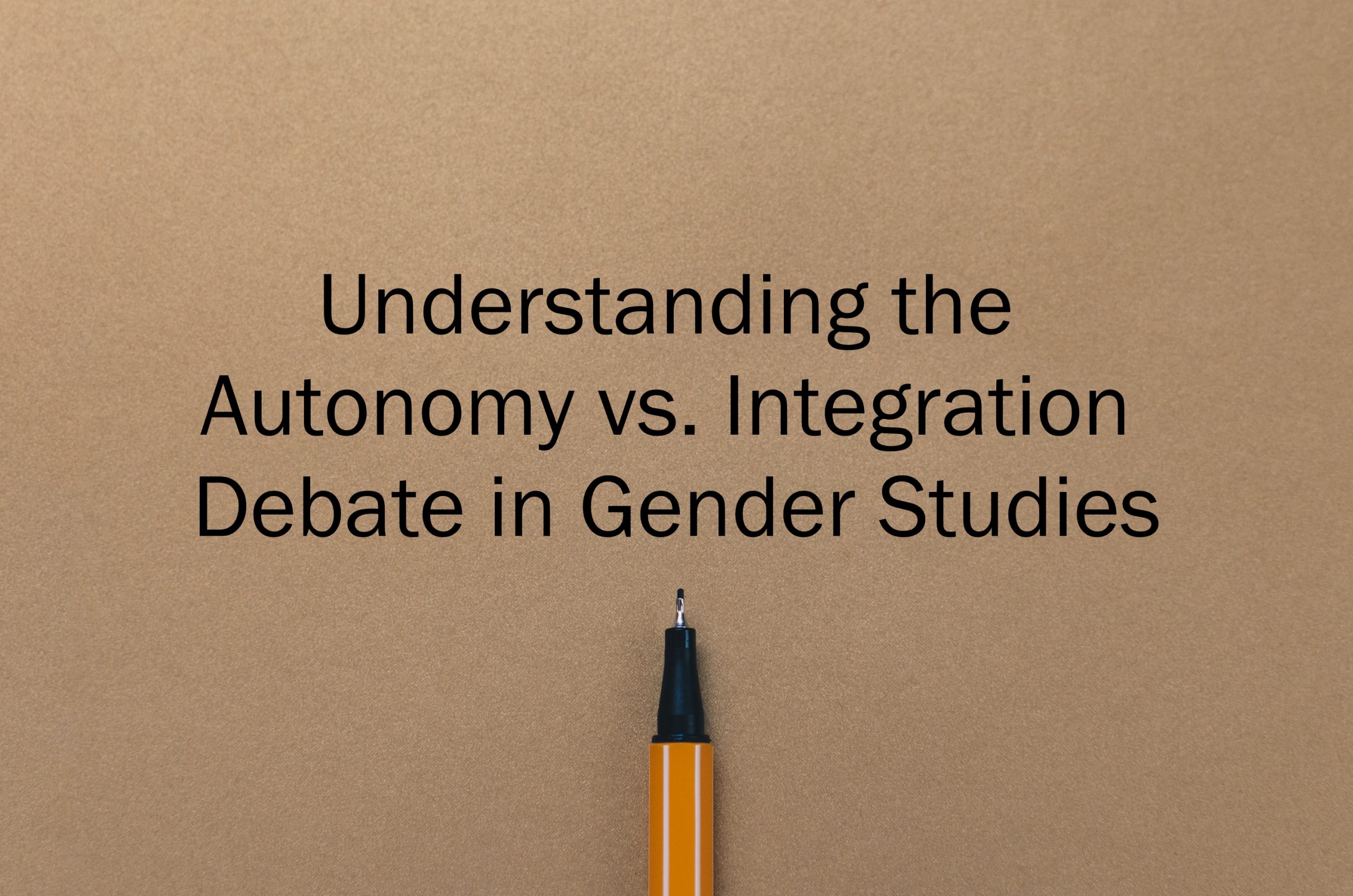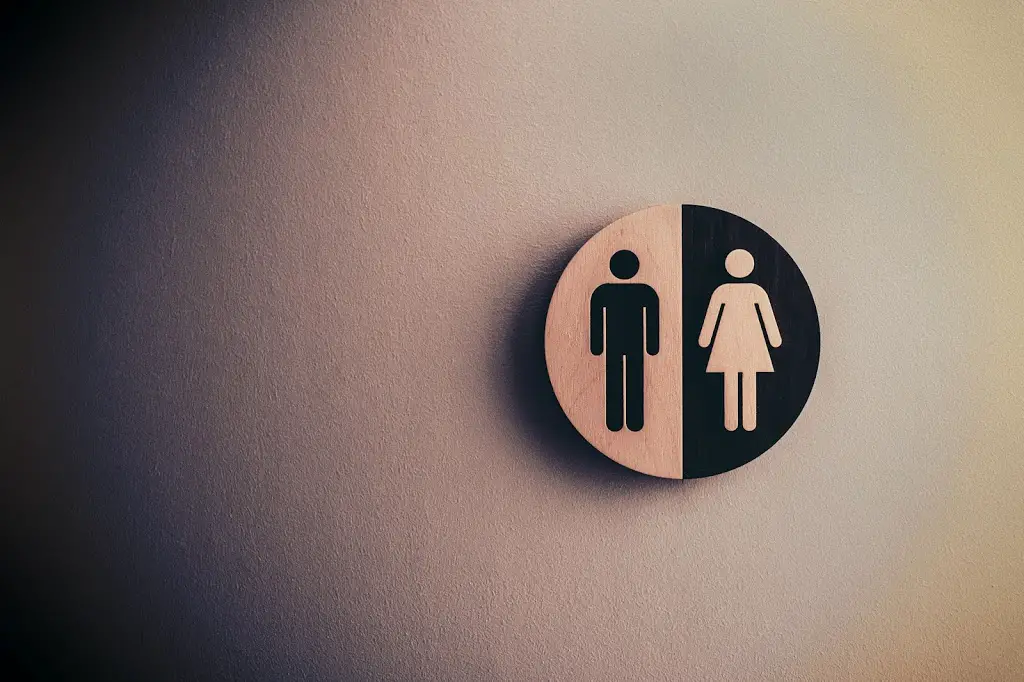In this essay, we will analyze how Gender Equality is a Myth in some cases. While in other cases, Gender Equality can be achieved.
Gender Equality is a Myth
Nature has made both men and women biologically and physically different from each other. Men are created muscular and strong while women are naturally weak creations.
Based on these physiological differences, there are different sets of defined roles for both genders. So, attaining equality in these roles is out of the question.
For example, we cannot expect men to bear a child and give birth. Similarly, we cannot ask women to construct roads and bridges, or build houses.
Moreover, women are usually by nature kind and loving while men are aggressive and more prone to fighting. Thus, women are suitable for jobs like child-rearing, and men as protectors of both women and families.
Therefore, achieving gender equality in genetically defined roles is just a myth.
Achieving Gender-Equality: A Real Struggle
The struggle on part of women since the mid-19th century to achieve equality with men in socio-economic and political spheres and in different walks of life is real and the demand is legitimate.
In the global North, mostly women in developed countries have achieved equality with men. It is worth mentioning here that the demands for equality initially surfaced in the west. Western women demanded political rights and sought the right to vote or ‘suffrage’ with the belief that by achieving the right to vote, women would be able to achieve equality with men in other spheres of life as well.
Thus, based on their struggle in the form of different feminist movements, women in the west have considerably attained equality.
However, in the global south, or in developing or third-world countries, so far gender equality largely remained a myth.
Mostly, women in developing countries like Pakistan, India, etc. remained oppressed and subjugated due to patriarchy and male dominant society. By confining women to four walls, they are deprived of various social, political, and economic rights.
The root of the problem lies in the fact that women are deliberately kept economically dependent on their male counterparts. This lack of economic equality between men and women leads to various incidents of domestic violence.
So far, we have understood that economic deprivation or economic inequalities between men and women have led to male dominance and women subjugation in third-world countries.
It is pertinent to shed light on some of the most prominent factors that hindered women in developing countries from becoming economically independent.
Here, the point of focus would be Pakistani women, and the factors described below are more or less common for women’s conditions in all developing countries.
Why has Gender Equality remained a Myth in third-world countries?
Below are the root causes of oppressed conditions of women specifically in Pakistan, and generally in all developing countries.
1. Globalization and Neo-Liberal Policies are breeding Gender-Inequality
As neo-liberalism supports the globalized economy, capitalism, and free and unregulated markets, it leads to the economic exploitation of women in developing countries.
In the globalized world, multinational companies and industries locate themselves in countries where cheap labor is available.
Thus, in the presence of a large number of unemployed men, women are usually sidelined from economic opportunities. Women are either deprived of economic opportunities under capitalism or given low wages compared to their male counterparts.
2. Traditional Norms and Religious Misinterpretations
Historically and traditionally, women were always considered second-rate citizens. They were treated as an object bound to serve men, thus leading to subjugation and oppression.
As in the words of Aristotle, “The relation of male to female is by nature a relation of superior to inferior and of a ruler to the ruled.”
Furthermore, Thomas Jefferson (the founding father of America) believed that women’s position is in the house, not in politics and public office.
Also, Charles Darwin believed that a man is intellectually superior to a woman.
Although these traditionally held beliefs had been challenged by women in the west in the 19th and 20th centuries, yet in the global south or in developing countries, these views are still unchallenged.
Moreover, religious misinterpretations like ‘women should not leave their house without their male counterparts’, or ‘coeducation is a curse and must not be allowed’ need to be revisited as these misinterpretations are depriving women of educational and economic opportunities.
Thus, a lack of education leads to economic dependency and further leads to oppression.
3. Various Social Barriers Hampering Women’s Empowerment
Today, like other third-world countries, Pakistan is beset with multiple social issues. Incidents of harassment and rape cases are consistently rising. Every day, gazillions of cases are reported and many go unreported.
With such social complexities in place for women, they found it unsafe to leave home for educational institutions or offices. Thus, confined to four walls, women remained forever dependent on their male guardians.
Without robust legal measures in place, this issue would keep barring women from participating in educational and economic activities.
4. Patriarchy | Male Dominant Society
Like every other developing country, Pakistan is a patriarchal society where only men have access to economic resources and paid labor.
Whereas, women remained confined to domestic spheres with unpaid tasks like tending children and homes, cooking, washing, cleaning, and serving males.
These deeply entrenched and deep-rooted norms are neither challenged nor considered an issue by the male-dominant elite of the country.
Thus, with zero social reforms on part of the government, women continue to be oppressed and dependent.
5. Lack of Educational Opportunities for Girls
Apart from other obstacles placed in the way of achieving equality, the lack of educational opportunities also adds insult to injury. The provision of education to girls can be the first step towards achieving gender equality. But, mostly the underdeveloped countries present a grim picture in this regard.
Currently, there are very few educational institutes for women in Pakistan. Moreover, the standard of education in those institutes is also not up to the mark. There is a wide gap in gender parity in literacy.
Thirty-two percent of primary-school-age girls are out of school in Pakistan. By grade six, 59 percent of girls are out of school. Only 13 percent of girls are still in school by ninth grade. In Balochistan, the province with the lowest percentage of educated women, as of 2014-15, 81 percent of women had not completed primary school.
HumanRights Watch Report
Furthermore, the same organization has highlighted a number of issues faced by women in Pakistan in its report.
The lack of access to education for girls is part of a broader landscape of gender inequality in Pakistan. The country has one of Asia’s highest rates of maternal mortality. Violence against women and girls—including rape, so-called “honor” killings and violence, acid attacks, domestic violence, forced marriage, and child marriage—is a serious problem, and government responses are inadequate. Pakistani activists estimate that there are about 1,000 honor killings every year. Twenty-one percent of females marry as children.
HumanRights Watch Report
In addition, there are many other existing problems with the education system, particularly for girls and generally for everyone. That includes high costs of education, poor standards of education, ghost schools, and lack of basic infrastructure in schools like chairs, potable water, washrooms, etc.
6. Poverty
Poverty is another fundamental barrier in place that makes the attainment of education for female children impossible. According to a report, ‘about 60 million Pakistanis—6.8 to 7.6 million families—were living in poverty, about 29.5 percent of the country’s population.’
Many children are kept out of school either because they are engaged in some paid job due to poverty or because they are deliberately kept home to do housework.
Moreover, due to poverty, many parents cannot afford school uniforms, travel expenses, books, etc for their children. Thus, without the elimination of poverty, or the provision of free education, women will remain deprived of equal status to men in society.
Wrapping Up
In a nutshell, without proper education and economic independence, the dream of gender equality in society would remain a myth. West was successful in imparting sound education to its women. Today, a western woman is equal to a western man in the social, economic, and political spheres. Whereas, in developing countries, women remained deprived of an education which has ultimately led to economic deprivation and dependency on males.
In order to bring women on an equal footing to men, the government must take pragmatic steps in the right direction. Education must be made compulsory for all girls. This requires significant investment in the education sector. Societal barriers in place must be removed through proper legislation. Laws must be made and enacted in letter and spirit to curb incidents like harassment and rape.
Gender equality in education will lead to gender equality in all other spheres of life.
“No nation can rise to the height of glory unless your women are side by side with you. We are victims of evil customs. It is a crime against humanity that our women are shut up within the four walls of the houses as prisoners. There is no sanction anywhere for the deplorable condition in which our women have to live.”
Muhammad Ali Jinnah







[…] Once the public sphere was closed to women, the women ultimately became economically dependent on men (father, brother, husband, etc). They couldn’t acquire knowledge and remained illiterate. Hence, perforce the women had surrendered their authority, free will, and control of life to men. (Read in detail) […]